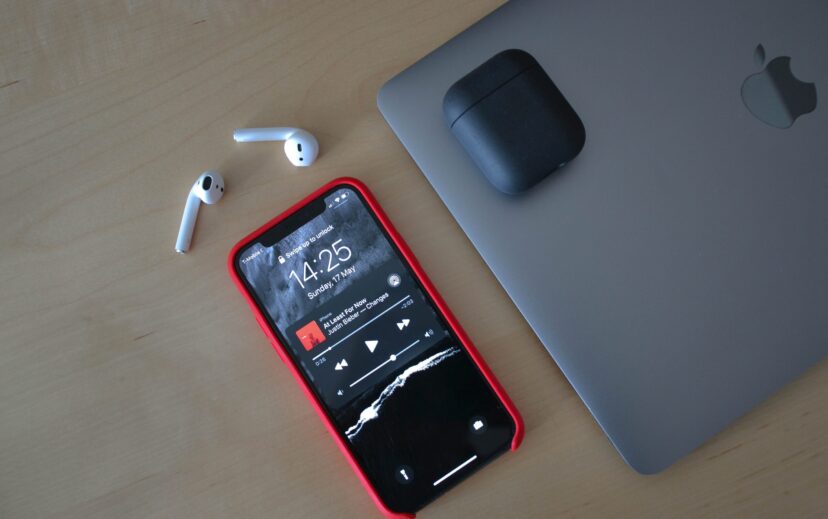It’s been widely reported recently that Justin Bieber, at the ripe old age of 28, has “sold his music catalog” for somewhere around $200 million to Hypgnosis Songs Capital. Usually, these megadeals are reserved for “legacy” artists and within the past few years it seems like every songwriter and recording artist old enough to collect social security has been cashing in. Hypgnosis has been the biggest player in gobbling up music catalogs and Mr. Bieber is the latest to take a big payout from them for his “catalog.”
But what does it mean when someone like Justin Bieber, who is both a songwriter and a recording artist, sells his “catalog”? To answer this, one needs to know a little bit about how music deals have historically been structured.
Two Separate Copyrights Are Involved
Because Justin Bieber records songs he writes, there are potentially two different copyrights involved in the deal: one for the songs that Bieber has written (commonly referred to as “publishing” rights) and one for the recordings of those songs (typically referred to as “master” or “master recording” rights). These rights are usually owned by different entities. Music publishing companies are in the business of exploiting (usually by licensing) the copyrights in musical compositions. Record labels, on the other hand, are in the business of making money off the copyrights in sound recordings. Some songwriters, like Justin Bieber, retain ownership of their songwriter copyrights by forming their own music publishing company which they then have a larger music publishing company operate or “administer.” I’ve previously written about the types of music publishing deals.
It’s rare that a recording artist will own their own master recordings (albums). To illustrate, take the song, New York, New York. It’s a musical composition written by Kander & Ebb. Their music publisher controls the rights to the song. There have been many recordings of this standard: the first was by Liza Minelli and the most well-known is by Frank Sinatra. Liza and Frank’s respective record labels own the copyright to their particular recording of the song but both labels have to pay the music publisher for the privilege of recording the song.
Music Publishing Catalog Rights and Royalties.
Kander & Ebb were a professional songwriting team. They were not performers. They, like the great writers from Tin Pan Alley (e.g., Irving Berlin, Jerome Kern, Cole Porter, Dorothy Fields) relied on others to perform and record their songs. Traditionally, a songwriter made a deal with a music publisher as follows: she would assign 100% of the copyright in the song to the music publisher and they would split the royalties (income) 50-50% each. The songwriter’s 50% is called the “writer’s share” of income and not surprisingly, the publisher’s corresponding 50% is called the “publisher’s share.”
Even though there are many different types of deals today where songwriters will retain ownership of some or all of their songwriter copyrights, the terms “writer’s share” and “publisher’s share” are still with us. Note that the publisher’s share controls 100% of the ownership of the song and 50% of the income generated by the song while the “writer’s share” is an income only interest. Please read here for a deeper dive into music publishing royalties, the most important of which are public performance royalties.
Previously, when a music publishing (as opposed to a record label) catalog was sold, only the publisher’s share was bought by the purchaser and the writer(s) would still be paid their royalties or writer’s share. This is often the case even today so in those deals the sale of the publishing “catalog” only includes the copyrights and the publishers share of income. More recent “catalog” deals have included a sale of not only the copyright and publisher’s income share but also an outright buyout of all of the songwriter’s future royalty income (i.e., the “writer’s share”). This is the case with the Bieber deal.
Record Label Rights and Royalties
Traditionally, and for the most part today, contracts between labels and artists state that the label owns the master recordings. Recording artists like Justin Bieber are paid royalties from the sale (e.g., CDs, LPs, downloads) or licensing (synch deals for film, TV and video games as well as deals with streaming services). Accordingly, most artists, including Justin Bieber, only have an income (royalty) interest in their albums.
One quirk of recording artist royalties is that in the United States, recording artists don’t get paid for radio and TV airplay. So, when the Sinatra recording of New York, New York is played on the radio in the US, Kander & Ebb and their music publisher get paid, but Sinatra’s estate and his label get nothing. It’s different for streaming as there is a publishing performing right for “digital audio transmissions” of a sound recording and artists and labels get paid for these public performances just like songwriters and music publishers.
Outside of the US, recording artists (and labels) get paid for all types of public performances of their recordings, including radio, TV and streaming. These public performing rights in sound recordings are referred to as “neighboring rights” because they are connected to the rights in the songs that the recordings embody. Bieber’s deal includes all his recording artist royalties, including his “neighboring rights” royalties.
Adding It Up
In sum, Justin Bieber’s catalog deal with Hypgnosis includes both the copyright, as well as the publisher’s income share and writer’s income share to all the songs he’s written or co-written through the end of last year. He isn’t getting paid for his master recordings as his label, Universal Music Group, will continue to own them. However, on the label side, he did sell all of his rights to future artist royalties, including income from “neighboring right” performances. Having determined what exactly Justin Bieber sold, we haven’t discussed how the sale price was arrived at, which is another complicated and complex process. If you are interested in either buying or selling music assets, please contact us, we have a team experienced in music law.





